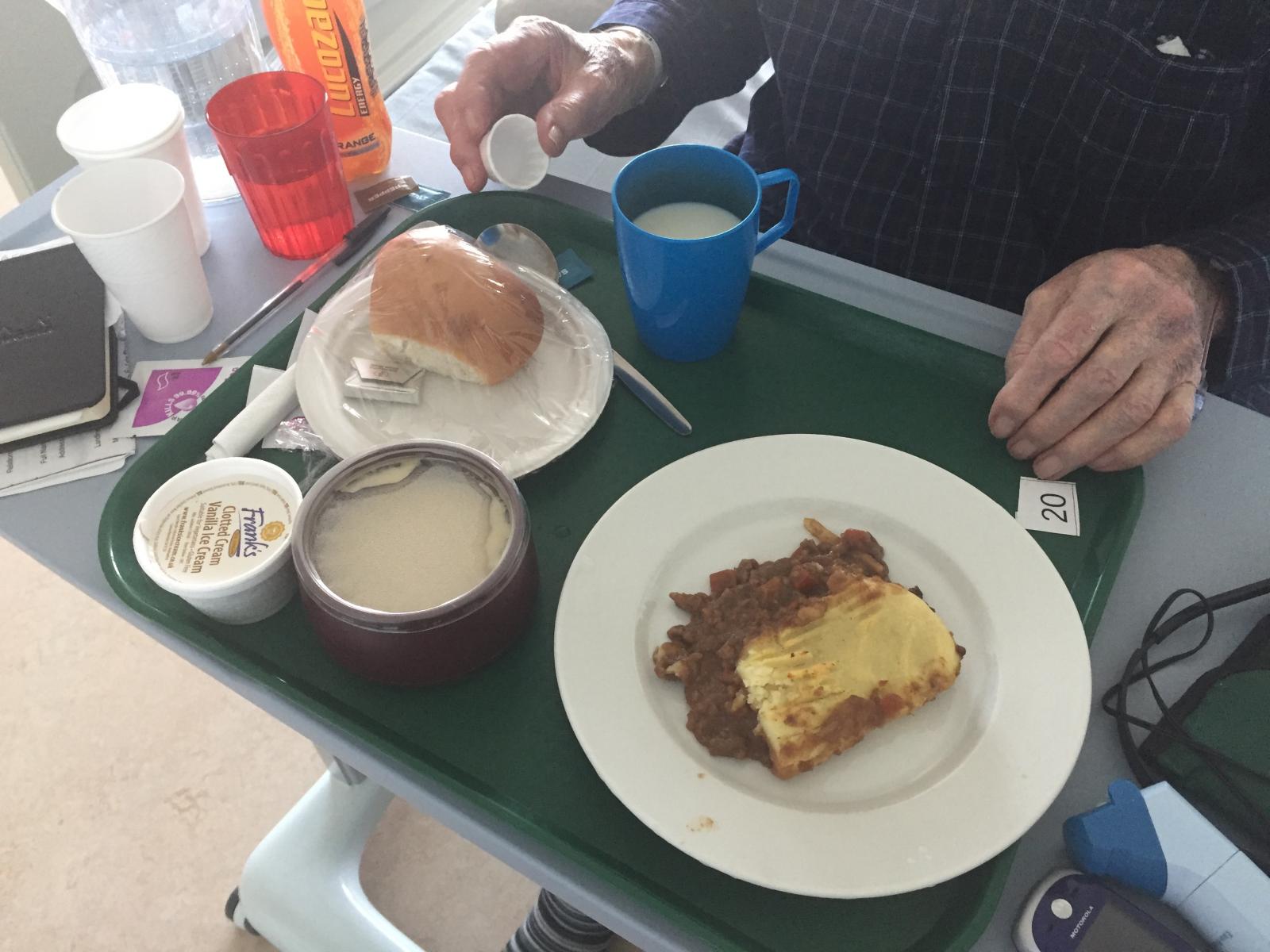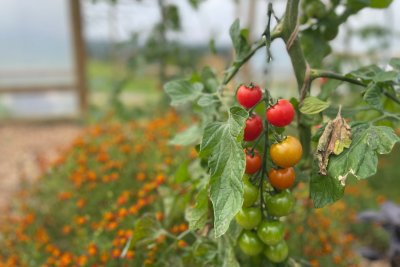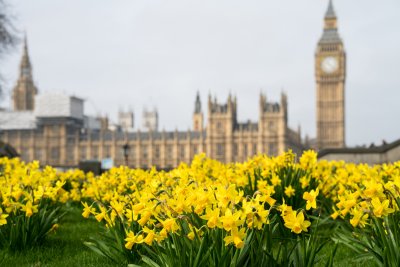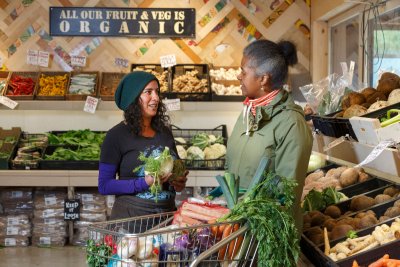News • Good Food Trade Campaign
Government considers national hardship fund to avert no deal Brexit food crisis
Theresa May and senior Government officials are considering the need for a ‘hardship fund’ to help people on a low income afford food and other basic necessities in the event of a no deal Brexit. They are also considering how schools and hospitals could be helped to secure the food they need to feed children and patients.
“It’s high time Government took seriously the impact of a no deal Brexit on the food supply for people most in need,” said Kath Dalmeny, chief executive of Sustain, an alliance of food and farming groups.
“Our research shows that no deal Brexit would put continuity and quality of food supply at risk for school children, hospital patients, people living in care and those who receive food from frontline charities, such as homeless shelters and food banks. Furthermore, the millions of people in the UK who already live on a low income or with precarious jobs would be likely to struggle to afford hikes in food prices that are now predicted by government ministers, the food industry and economists.”
News that Government is considering a ‘hardship fund’ and other measures was reported in The Times on 25 February 2019, following a leaked document from the EU Exit and Trade (Preparedness) Committee chaired by Prime Minister Theresa May. The document reportedly indicated that the Government may be assessing options for a 'tax and benefits policy' to redress cost-of-living increases in the event of a no deal Brexit, to help those on a low income, or those who might tip into crisis due to job losses.
Support to secure a reliable supply of food for schools, hospitals and prisons was also reportedly among some 22 options being considered by the Brexit committee made up of senior government officials.
Last week, Sustain published research on the likely impact of no deal Brexit for the food supply to people most in need. We are urging the Government to make detailed plans, and make money and other support reliably available to help the people most vulnerable to food disruption, namely:
- Children, hospital patients and people in care, fed by public sector institutions
- Vulnerable people being fed by frontline charitable groups
- People in crisis who are being referred to food banks, and those experiencing household food insecurity due to low income
Download Sustain's six-page Sustain Brexit Briefing here: 'Brexit food resilience for people most in need'
Sign up to the Sustain Brexit newsletter to receive updates.
Published Monday 25 February 2019
Good Food Trade Campaign: Campaigning for good trade that benefits people and the planet at home and overseas.






